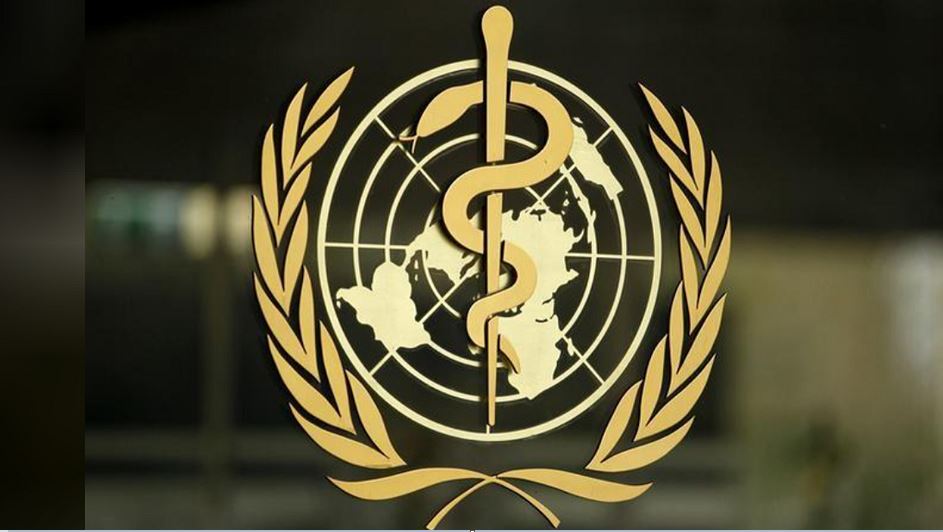
WHO decries rising burden of mental illnesses in Africa due to COVID-19
The World Health Organization (WHO) on Thursday sounded an alarm over a spike in mental ailments in Africa due to COVID-19 related social and economic disruptions.
Matshidiso Moeti, WHO regional director for Africa, said the pandemic had worsened the continent’s mental health crisis amid lockdowns, job losses and substance abuse.
“Isolation, loss of income, the deaths of loved ones and a barrage of information about the new virus can stir up stress levels and trigger mental health conditions or exacerbate existing ones,” Moeti said in a statement issued in Nairobi.
She said the pandemic reaffirmed the importance of investing in resilient mental health systems in the African continent that accounts for 15 out of the top 30 countries globally for suicides per 100,000 people.
Moeti said the COVID-19 pandemic hampered access to quality mental health care services in Africa amid redeployment of medical personnel, stigma and under-investment in novel treatment options.
She said that substance abuse, gender-based violence and prolonged closure of learning institutions linked to the pandemic worsened the fragility of mental healthcare systems in Africa.
“COVID-19 is adding to a long-simmering mental health care crisis in Africa. Leaders must urgently invest in life-saving mental healthcare services,” said Moeti.
According to Moeti, a study carried out in South Africa found that 10 to 20 percent of 220 people surveyed reported mounting fear and anxiety due to the pandemic.
She said that a survey of 12,000 women in low-income communities in Uganda and Zambia found a spike in stress, anxiety and depression amid fear of the coronavirus.
Moeti said that African governments should invest in community-based awareness programs and training of first responders on basic psychosocial skills, to help reduce the burden of mental ailments in the continent.
“We also need more action to provide better mental health information and education, to boost and expand services, and to enhance social and financial protection for people with mental disorders, including laws to ensure human rights for everyone,” said Moeti.
She said that a WHO survey carried out in July and August revealed that 27 out of 28 African countries that responded had included mental health in their COVID-19 response plans.
Moeti said that investments in mental health literacy programs are key to eradicate myths and stereotypes that have undermined the roll-out of clinical interventions targeting mentally ill patients.






